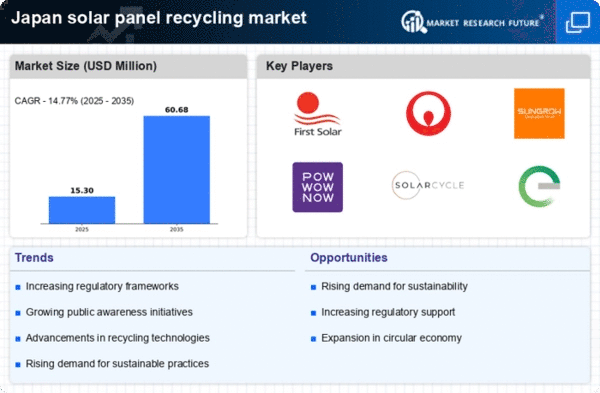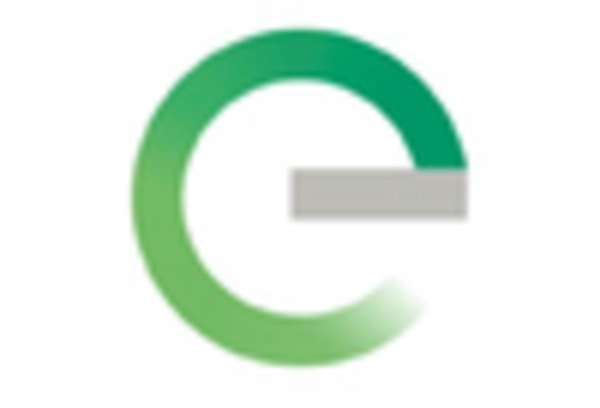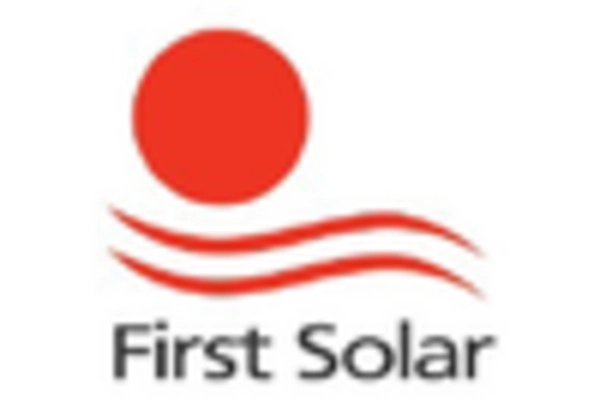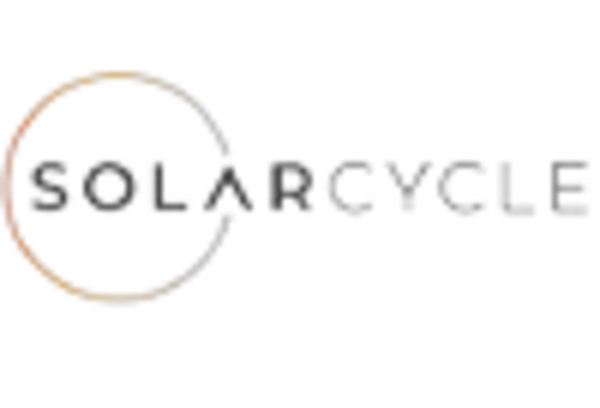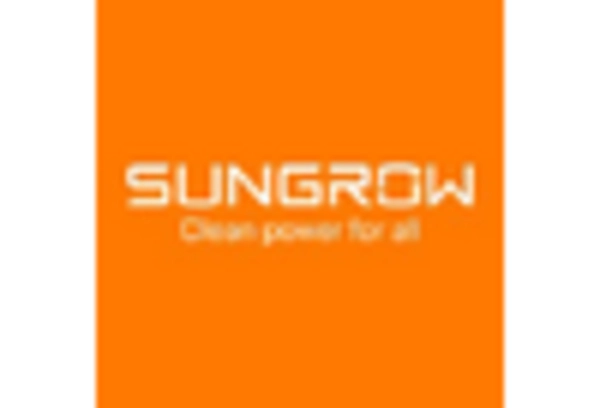Economic Incentives for Recycling
Economic incentives play a crucial role in the solar panel-recycling market in Japan. The government has introduced various financial mechanisms, such as subsidies and tax breaks, to encourage both manufacturers and consumers to participate in recycling programs. These incentives are designed to offset the costs associated with recycling processes, making it more appealing for stakeholders. For instance, a recent initiative offers up to 20% in subsidies for companies that invest in advanced recycling technologies. This financial support is expected to boost the recycling rate of solar panels, which is projected to reach 50% by 2030. Such economic measures not only stimulate market growth but also contribute to the overall sustainability goals of the nation.
Regulatory Compliance Initiatives
The solar panel-recycling market in Japan is experiencing a surge in regulatory compliance initiatives aimed at promoting sustainable practices. The Japanese government has implemented stringent regulations that mandate the recycling of solar panels, thereby creating a structured framework for waste management. This regulatory environment encourages manufacturers and consumers to engage in recycling activities, as non-compliance could lead to significant penalties. As of 2025, it is estimated that approximately 30% of solar panels installed in Japan will reach the end of their life cycle, necessitating effective recycling solutions. The emphasis on compliance not only drives the market but also fosters innovation in recycling technologies, ensuring that the industry evolves to meet these regulatory demands.
Collaboration Between Stakeholders
Collaboration between various stakeholders is emerging as a vital driver in the solar panel-recycling market in Japan. Partnerships among manufacturers, recyclers, and government agencies are being formed to create a more cohesive recycling ecosystem. These collaborations facilitate knowledge sharing, resource allocation, and the development of best practices in recycling. For instance, joint ventures between solar panel manufacturers and recycling firms are becoming increasingly common, allowing for streamlined processes and improved recovery rates. As of November 2025, it is anticipated that such collaborations could lead to a 25% increase in the overall recycling capacity within the market. This cooperative approach not only enhances operational efficiency but also strengthens the commitment to sustainability across the industry.
Rising Demand for Sustainable Practices
The rising demand for sustainable practices among consumers and businesses is a driving force in the solar panel-recycling market in Japan. As environmental awareness grows, there is an increasing expectation for companies to adopt sustainable practices, including responsible recycling of solar panels. This shift in consumer behavior is influencing manufacturers to prioritize recycling initiatives as part of their corporate social responsibility strategies. Surveys indicate that over 70% of consumers in Japan prefer brands that demonstrate a commitment to sustainability. Consequently, businesses are investing in recycling programs to meet this demand, which is likely to enhance their market competitiveness and foster a more sustainable industry overall.
Technological Advancements in Recycling Processes
Technological advancements are significantly shaping the solar panel-recycling market in Japan. Innovations in recycling processes, such as improved separation techniques and enhanced material recovery methods, are making recycling more efficient and cost-effective. For example, recent developments in hydrometallurgical processes have increased the recovery rates of valuable materials like silicon and silver, which are critical for the production of new solar panels. As of November 2025, it is estimated that these advancements could potentially increase the recycling efficiency by up to 40%. This not only reduces waste but also lowers the environmental impact associated with solar panel disposal, thereby attracting more stakeholders to the recycling market.


